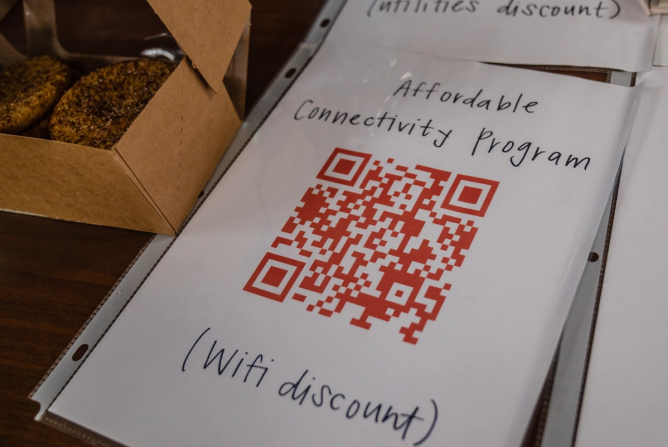|
As the tech world continues to make progress on exciting advancements like supercomputers, AI data centers, and self-driving cars, some Black communities in the rural South don’t even have internet access.
Color of Change’s latest Black Tech Agenda details the crisis of some Black communities lacking internet access—“38% of Black people in the rural South still don’t have internet at home, compared to 23% of white residents,” the report notes—while facing the consequences of “the toxic burden of the tech industry’s waste” in their neighborhoods. The report states that both issues are caused by “neglect and corporate exploitation.”
“There’s been a lack of investment in Black neighborhoods,” Michael Huggins, Color of Change’s deputy senior director of government affairs, told Tech Brew. And that lack of investment results in a lack of internet access, which affects Black communities’ ability to access telehealth appointments, apply for jobs, and do schoolwork, he said.
And those same communities are dealing with strained resources—like electricity and water, which help power data centers—and pollution.
“Environmental racism has always treated Black neighborhoods as a sort of sacrificial lamb,” Huggins said. “These practices have strained local resources. They’ve caused additional health problems. They cause economic problems.”
Keep reading here.—TC
|







